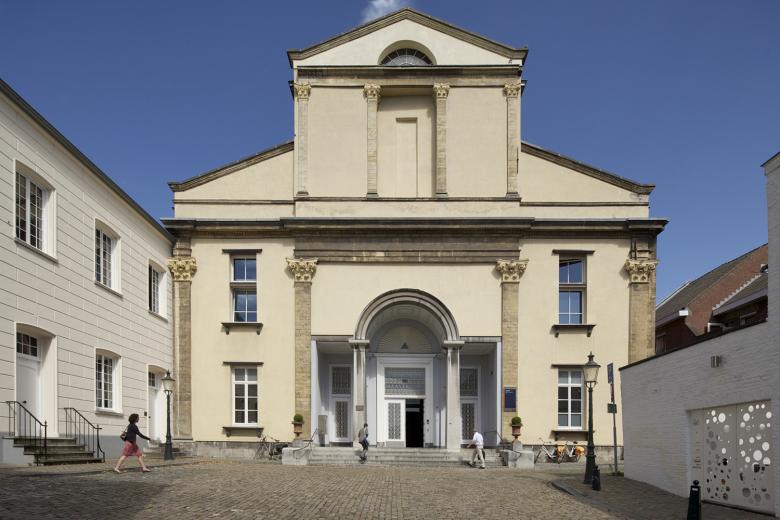Education minister's parliamentary letter: threat to education and region draws nearer
On 15 October, education minister Bruins informed the Netherlands House of Representatives of his plans to reduce the number of international students in the Netherlands through the Internationalisation in Balance Act (‘Wet Internationalisering in Balans’). Maastricht University has serious concerns about this. The minister seems to completely ignore the need for appropriate policies that the education and business communities as well as the government of Limburg have constantly pointed out in recent times. Appropriate rules with an eye for regional differences are in fact a dire necessity to prevent educational barrenness in Limburg, and to train enough professionals for the tense labour market in the region and the Netherlands.
In the parliamentary letter, the minister is pushing for the strictest possible adherence to, and return to, Dutch as the language of instruction for all undergraduate courses in the Netherlands. It seems ignorant of the fact that higher education in the Netherlands is an international sector. This also applies to Maastricht University, an international university with a unique profile, strongly anchored in an international region. The diversity of our community – nota bene: both students and staff - is of great value to our university and our region. Precisely because we are an international university, we can continue to play our role as an engine for socio-economic development in the region.
It was already clear what a rigorous halt to the influx of international students would mean for the region: if all undergraduate courses at Maastricht University and Zuyd University of Applied Sciences had to be conducted in Dutch, it would lead to the permanent loss of some 4,500 jobs and cause Limburg’s economy to decline by almost € 1 billion during this government's term. This is according to calculations by the research firm Panteia, commissioned by Maastricht University and Zuyd University of Applied Sciences.
In his letter, the minister does leave room for consultation. He says he is aware that attracting international talent remains necessary, also in border regions. Together with partners inside and outside Limburg, UM will do its utmost in the coming period to convince the minister of the necessity of this and of what is needed to achieve this: appropriate measures and policies that match regional circumstances.
Also read
-
UM seeks new balance between the university and student associations
Maastricht University is suspending its relationship with student associations Tragos and Circumflex until further notice. Discussions with the boards of these associations have revealed that agreements outlined in the Code of Conduct have not been upheld. Experience from recent years shows that these...
-
Opportunities and concerns take centre stage during Minister Bruins' working visit to Maastricht
On Friday afternoon, 18 October, Minister Eppo Bruins (Education, Culture, and Science) paid a working visit to Maastricht. There, he was briefed by Limburg's educational institutions on current educational topics from the Education Manifesto. The minister also engaged in conversations with teachers...
-
Maastricht University student numbers stabilise
This year, the total number of students at Maastricht University will probably still increase slightly to more than 23,000. Due to an estimated 3% decrease in the number of new students, this growth will level off. The ratio of Dutch to international students is also stabilising: among the new cohort...